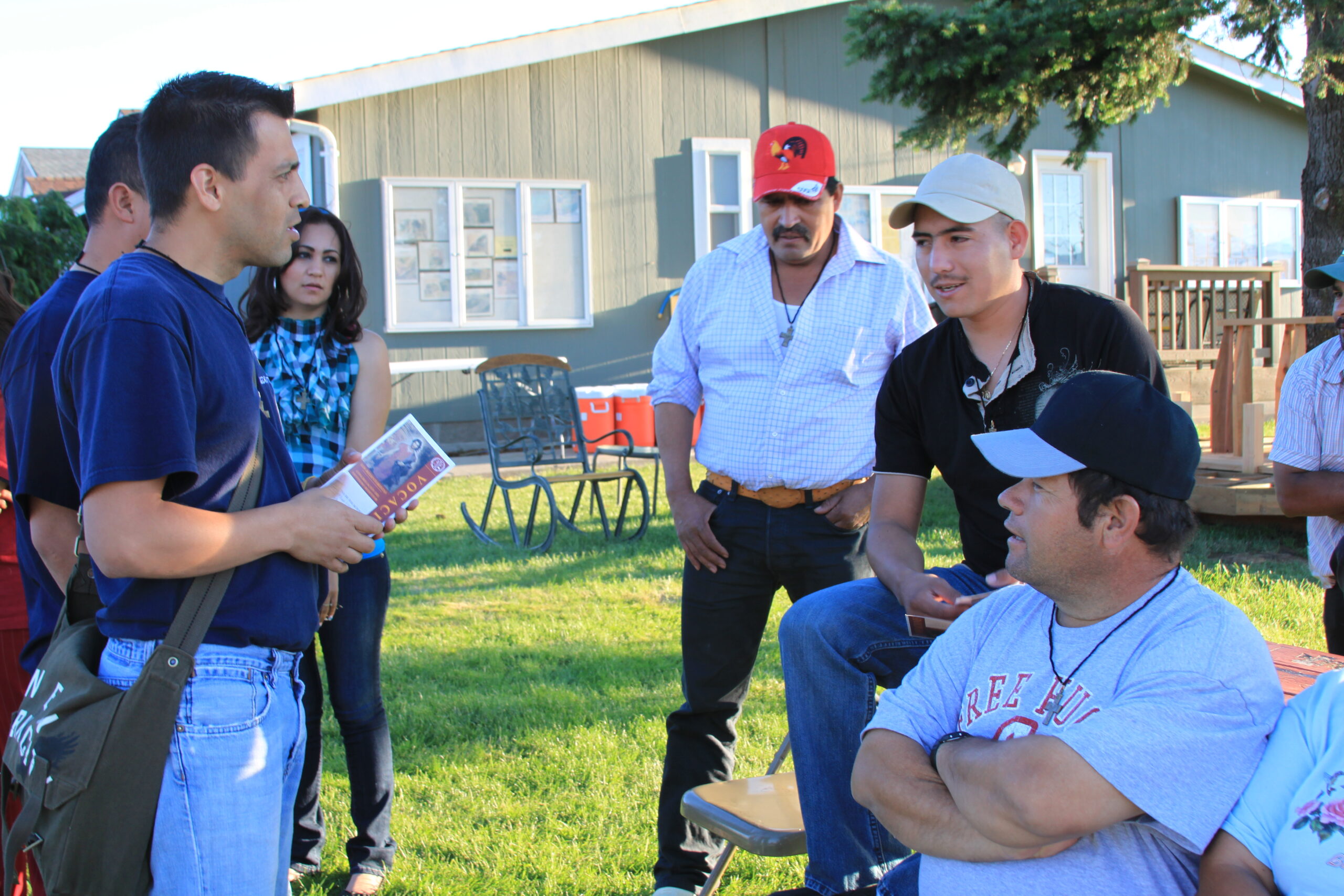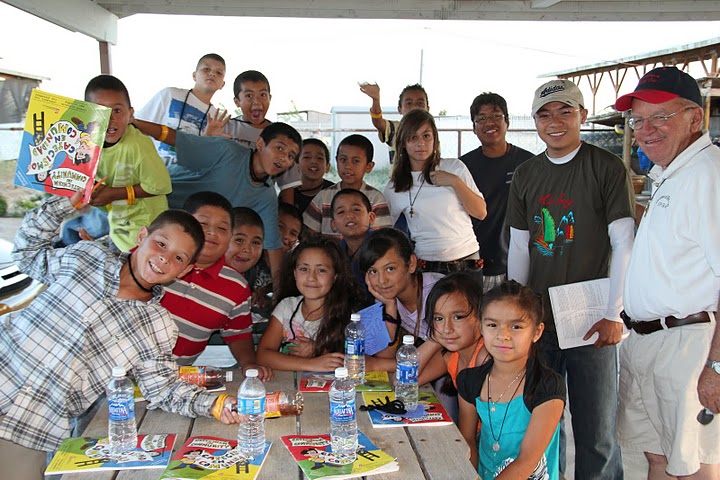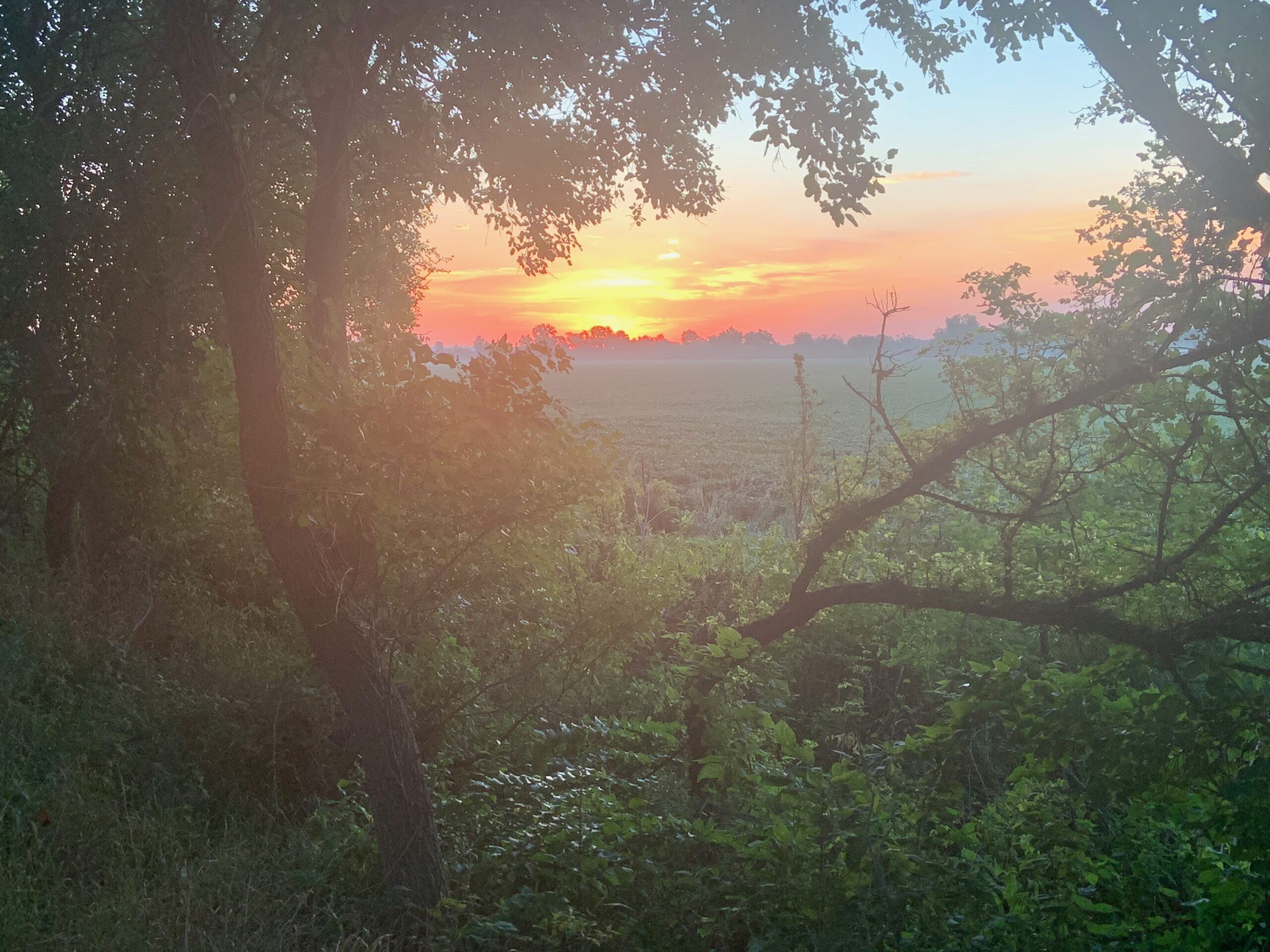Ministry Today: SEE-Observe / Ministerio Hoy: VER-Observar
Take an extra moment
I began working in Hispanic Ministry shortly after the III Encuentro (1985) and the publication of the National Pastoral Plan for Hispanic Ministry (1987). Central to the NPPHM was an approach to ministry, SEE/JUDGE/ACT. My mentor in Hispanic ministry, Fr. Enrique Lopez simplified the message, “walk with my people.” As an American, the SEE/JUDGE/ACT method did not sound difficult until reflecting on thirty years in the ministry and recognizing that my journey in Hispanic Ministry has taken many turns. Sometimes rushing to judgement or to taking action did not produce the expected results.
One of my diversions is golf. When studying the NPPHM, I considered the SEE/JUDGE/ACT principles as I considered shots on a golf course. To line up a ten-foot putt one checks the slope of the green. Is the putt uphill? downhill? sidehill? Have the greens on the course been slow or fast? One considers the factors, judges how to make the putt and takes action stroking the ball. If the ball goes in, a fist pump and joy. If it misses, “what did I not see?” I did not see the ball mark or the pebble that changed the course of the ball. I misjudged the slope. I misjudged the speed of the putt.
Pastoral care is a lot like putting. Looking back at my rounds of golf, there are a lot of missed putts. Most of the misses involve a misjudgment. Yet, the cause of the misjudgment was an error in lining up the putt, not seeing it well. The art of Migrant ministry begins with observing well the situation of the person or situation that we seek to help with an understanding of the urgency of the moment. Using my example of golf, when lining up a putt, I need to take “an extra moment” to see a ball mark or an obstacle, but I also need to act in a timely manner or I will try the patience of my playing partners or worse, the group playing behind us.
Requests of poor people for attention in a church come at inconvenient moments. Immediately after Sunday Mass, a priest greets people as they are leaving Mass, and someone asks about baptizing a baby, or enrolling children for religious education, or an urgent request to see someone who is ill. As the request is made, many people stream by whom the priest wishes to see. Telling people to call the office for an appointment may not be a sufficient response, but without help a timely response is all but impossible. Training ministers, clergy and laity, is needed at all times, but perhaps this time of the COVID19 pandemic may serve both as a challenge and as an opportunity to create better practices for migrant ministry, religious education and responding to urgent needs.
Tómate un momento extra
Comencé a trabajar en el Ministerio Hispano poco después del III Encuentro (1985) y la publicación del Plan Pastoral Nacional para el Ministerio Hispano (1987). El enfoque central del NPPHM fue, VER / JUZGAR / ACTUAR. Mi mentor en el ministerio hispano, el P. Enrique López simplificó el mensaje, “camina con mi gente”. Como estadounidense, el método VER / JUZGAR / ACTUAR no pareció difícil hasta que reflexioné sobre treinta años en el ministerio y reconocí que mi trayectoria en el Ministerio Hispano ha dado muchos giros. A veces, apresurarse a juzgar o tomar medidas no produjo los resultados esperados.
Una de mis diversiones es el golf. Cuando estudiaba el PPNHM, consideré los principios VER / JUZGAR / ACTUAR como consideraba tiros en un campo de golf. Para alinear un putt de diez pies se comprueba la pendiente del green. ¿El putt está cuesta arriba? ¿cuesta abajo? ladera? ¿Los greens del campo han sido lentos o rápidos? Uno considera los factores, juzga cómo hacer el putt y actúa golpeando la pelota. Si la pelota entra, un puñetazo y alegría. Si falla, “¿qué no vi?” No vi la marca de la pelota ni el guijarro que cambió el curso de la pelota. Calculé mal la pendiente. Calculé mal la velocidad del putt.
El cuidado pastoral se parece mucho al putt. Mirando hacia atrás en mis rondas de golf, hay muchos putts fallidos. La mayoría de los errores implican un error de juicio. Sin embargo, la causa del error de juicio fue un error al alinear el putt, no verlo bien. El arte de la pastoral migrante comienza con observar bien la situación de la persona o situación que buscamos para ayudar a comprender la urgencia del momento. Usando mi ejemplo de golf, al alinear un putt, necesito tomar “un momento extra” para ver una marca de bola o un obstáculo, pero también debo actuar de manera oportuna o probaré la paciencia de mis compañeros de juego, o peor, el grupo que está detrás de nosotros.
Las solicitudes de la gente pobre en una iglesia llegan en momentos inconvenientes. Inmediatamente después de la misa dominical, un sacerdote saluda a las personas cuando salen de la misa y alguien pregunta sobre bautizar a un bebé, o inscribir niños para educación religiosa, o una solicitud urgente para ver a alguien que está enfermo. A medida que se hace la solicitud, fluyen muchas personas a quienes el sacerdote desea ver. Decirle a la gente que llame a la oficina para obtener una cita puede no ser una respuesta suficiente, pero sin ayuda una respuesta oportuna es casi imposible. La capacitación de ministros, clérigos y laicos es necesaria en todo momento, pero quizás este momento de la pandemia COVID19 pueda servir como un desafío y como una oportunidad para crear mejores prácticas para el ministerio migrante, la educación religiosa y la respuesta a necesidades urgentes.






